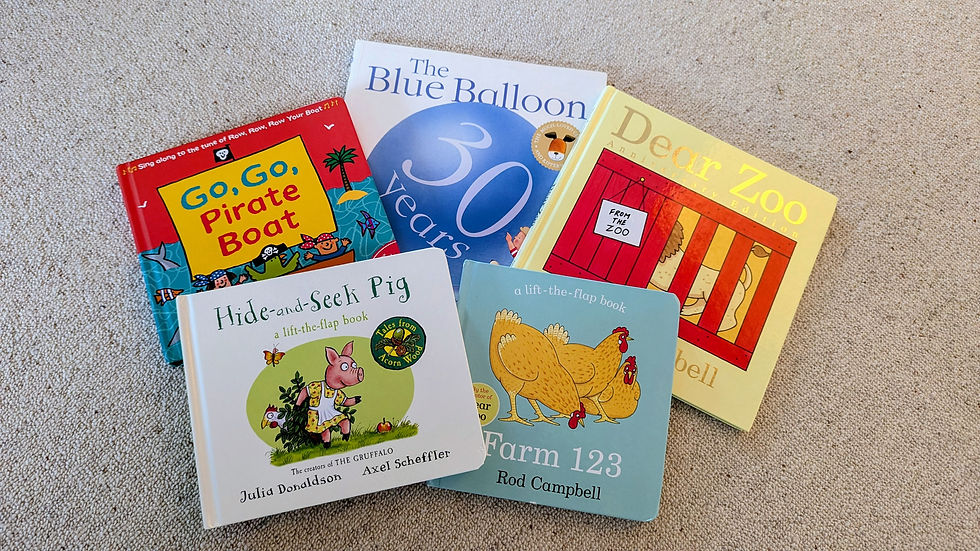Creating Teams Where Honesty Is Safe — and Expected
- alexandra5672
- Nov 20, 2025
- 2 min read
Updated: Nov 21, 2025

I imagine most of you have seen it: the viral post about a Gen Z employee who sent an incredibly honest request for time off to their manager. They were heartbroken and needed a moment to reset before they could be effective at work.
It got me thinking about what this type of interaction says about a team’s dynamic. We can easily attribute this level of honesty to generational differences—Gen Z may feel more emboldened and comfortable being transparent than previous cohorts. Yet that feels like too simple an answer.
What interests me more is whether this is really about “Gen Z honesty,” or whether it reflects a shift in how managers and leaders create environments where such honesty is possible. Psychological safety doesn’t happen by accident. For someone to share something so personal without fear of judgement, being thought less of, or potential repercussions (such as being overlooked for future opportunities), the environment must already signal that candor will be taken seriously. That is what struck me most when reading about this interaction.
Great leaders intentionally create spaces with strong psychological safety. As the Harvard Business Review puts it, they foster a “shared sense of permission for candor.” When people feel safe, they can speak openly about pinch points, concerns, or personal challenges affecting their work. Feeling safe to be less than perfect is incredibly powerful in a work environment. It encourages team members to admit mistakes and collaborate on solutions through honest, empathetic conversations. Those solutions might include redistributing workloads, taking on an extra client while a colleague is at a crunch point, or scheduling a few more check-ins with someone who is struggling personally or professionally.
There’s another benefit that’s often overlooked: in intrapreneurial teams, psychological safety is not just permission—it becomes a 'responsibility for candor'. Speaking up confidently and openly with ideas, concerns, constructive criticism, or feedback strengthens a culture of individual and collective growth.
It’s also worth noting that psychological safety isn’t just a “nice-to-have.” Google’s Project Aristotle famously found it to be the number one predictor of high-performing teams. In other words, honesty isn’t simply about wellbeing; it’s a performance driver.
For myself as a leader, this has renewed my commitment to ensuring open communication with my team and colleagues. I want to be someone who is approachable, who helps tackle problems calmly and without judgement, and who fosters an environment where people feel safe bringing their full, honest selves to work.
Yours, Alexandra
Interested in learning more? Check out our workshop on ‘Cultivating Team Trust and Psychological Safety'


